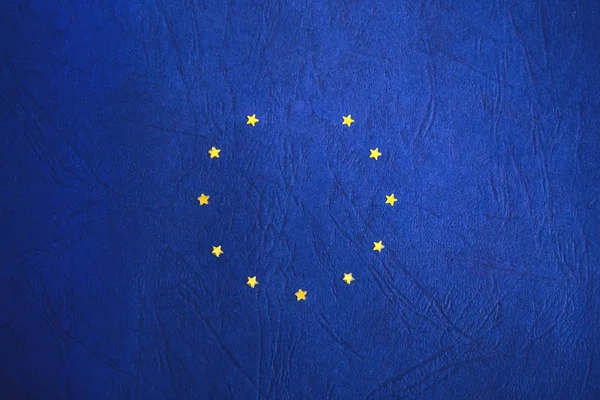
How many languages do Europeans speak?
We transfer you the main considerations of the study carried out in the EU, regarding the number of languages spoken by Europeans, and its most immediate objectives to achieve:
According to the European Union, language is a significant part of the identity and culture of a people and has considered promoting respect for linguistic diversity as a fundamental value. And he has estimated that being able to communicate in other languages is of great importance for citizens , as well as for companies and all kinds of organizations and for the sake of this he promotes the learning of foreign languages with special programs. Already in 2017, the EU Commission wisely agreed that by 2025, citizens of the European Union should speak two more foreign languages in addition to their own language. What is the current situation? How many languages do Europeans speak?
How many languages are spoken in Europe?
- The European average tells us, that in countries they know more languages than their own native language. But, the established average value is 2.32 languages spoken per inhabitant or what is the same, it is one language less than the real average.
- Instead it is the Nordic and Baltic countries, as well as Luxembourg and Malta, that meet or exceed the average. More than 90% of its population speaks at least one foreign language. Furthermore, there are nations that have already achieved the EU goal. These are Finland and Luxembourg.
- In total, 15 countries are still above the European average, and only ten countries are below the average.
- It is women residing in the EU who speak the most foreign languages
- A third of all residents of the European Union speak only their mother tongue (35.4%), while roughly the same number of Europeans speak at least one foreign language.
- Only a fifth have a command of two foreign languages and only 8.4% can call themselves polyglot, that is, they speak 3 or more foreign languages.
- The survey also found differences between women and men. 2% more men than women only speak their native language (36.1%). Additionally, women are fluent in more languages on average than men overall. 22.1% (compared to 19.9%) of women in the EU speak at least one foreign language and 8.9% (compared to 7.9%) even two.
- It may also surprise us: about 9 out of 10 people in the Nordic and Baltic Member States, as well as in Luxembourg and Malta, speak at least one foreign language.
Why in Luxembourg?
Because in Luxembourg, the spoken language ability is due to the fact that the country has three official languages . In the Luxembourg education system, it has children teach their classes in German, French and English. Given its geographical location and the large number of foreign workers it has, the inhabitants of the Nordic and Baltic countries still speak the language of their neighbors, which explains their special language skills.
Generation differences
According to the European Union study, generational differences are notable in the study carried out:
- While 75% of young people aged 25 to 34 speak at least two languages, in the 55 to 64 age group it is only 55%.
- Greece has the greatest ambivalence. Almost 89% of the younger generation speak at least one foreign language, while only 40% of the older ones speak it as well.
- Again, the Nordic and Baltic countries are notable. No age-specific discrepancies can be found in them.
The United Kingdom
The overall study tells us that there is a clear trend: more and more people speak more languages. Although there is an exceptional case, the United Kingdom that shows a trend in clear decline.
- While in 2007 only 35% of the population only knew their mother tongue, today it is a little over 64%.
- The number of Britons who speak at least one foreign language also has a negative trend. In 2007, this was almost 66%, while today only one in five speaks a foreign language.
What will the future bring to us Europeans?
According to the study, the 2025 target of bringing the current value of 2.32 languages per EU inhabitant to 3.0 is quite optimistic; although, it will require a lot of work and effort. A large number of countries (Belgium, Denmark, Estonia, Finland, Luxembourg, Malta, the Netherlands, Slovakia, Slovenia or Sweden) are very close to or have already reached the goal. It will therefore be the task of the EU to develop a good and comprehensive strategy to help certain countries such as Hungary, the United Kingdom and Bulgaria to expand the language skills of the inhabitants. For now, everything seems to be going quite well. It remains to be seen how the numbers may change until the next survey, which could take place in the next year 2021.